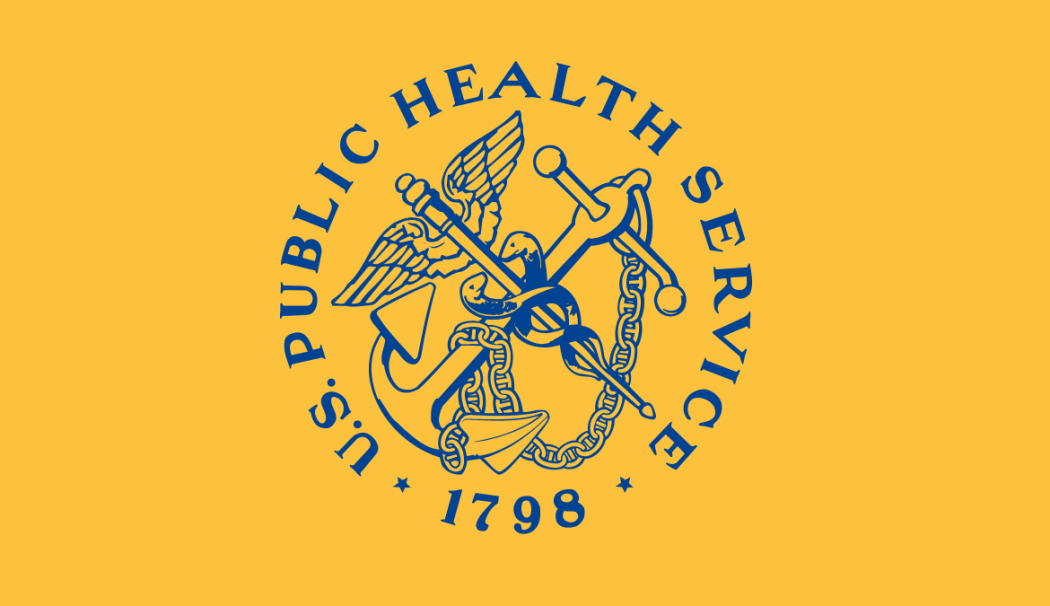Thinking about doubling up on degrees?
We are currently MS2s enrolled in the MD/MPH program, so we are still less than halfway done. With that being said, the MPH journey so far has been fairly fast-paced with informative, interesting content that has often supplemented block material. The MPH requires a total of 42 units with 12 of them counting towards your internship and luckily two from the REBLS block!
The internship is usually done during 3rd year, so we don’t have much input on this yet. However, we would recommend tying it to your scholarly project if you can! This may be worrying to some of you, but for others, it could be a relief. We are here to reassure you that worrying is not necessary because you are able to knock out the courses much faster than you would expect—time flies when you’re having fun 🙂
As a matter of fact, both of us started the program with no prior background in public health, and we are managing it quite well!
But what about the workload?
So far, the workload has not been terrifying. The MPH program is structured to be compatible with your MD workload in fall/spring of first year. For instance, the in-person classes (Issues and Trends in Public Health and Applied Public Health Practice) were scheduled once a week on Monday afternoons, which did not interfere with studying for MD block exams or preparing for Doctoring.
This is not to say that the MPH classes are a walk in the park as the two classes in spring of first year were much more involved. Regardless, there are benefits to developing the skills to balance and manage your time whether or not you choose to add an MPH.
Have the MPH courses helped with MD courses?
The material you learn in the MPH program is relevant to your MD studies, and it is complementary to the more clinician-oriented information learned in the MS1/2 years. On a more specific note, microbiology can be a diverse and challenging subject, and it was valuable to have more comprehensive instruction on this topic through the MPH program while also tackling it in our MD coursework.
You will also get the glory of becoming really familiar with biostatistics and epidemiology, which can help with your SP, other research projects, etc. With that being said, studying for MPH classes did not significantly subtract from studying time for MD courses. Rather, the content helped us clinically as many of the epidemiological facts you learn show up in CBI, First Aid, Wesley, etc.
Favorite part of the program so far?
We both agreed that Dr. Campos-Outcalt’s Applied Public Health Practice has been one of the most enjoyable classes so far. That class was engaging, MD-appropriate, and actually a healthy amount of fun. There is certainly a significant volume of both in-class and out-of-class effort needed. It was particularly interesting to tackle public health scenarios that have actually happened in the past! Additionally, the Environmental and Occupational Health course had a ton of relevant information related to the processes of disease that are not as thoroughly considered from a purely MD-oriented standpoint.
We can definitely say that the information we have learned so far has been intriguing, and we hope to find it helpful in our future careers!
The Differential is a platform for UA COM-P medical students that aims to educate, inform and enlighten our community through collaborative dialogue and communication.


 Alyssa Thomas is currently a MD/MPH candidate at The University of Arizona College of Medicine – Phoenix, Class of 2018. She graduated from Rice University with a degree in biological sciences.
Alyssa Thomas is currently a MD/MPH candidate at The University of Arizona College of Medicine – Phoenix, Class of 2018. She graduated from Rice University with a degree in biological sciences.
 Ralph Mohty is a dual-degree MD/MPH student at The University of Arizona College of Medicine – Phoenix. He completed his undergraduate degrees in mathematics and physiology at The University of Arizona.
Ralph Mohty is a dual-degree MD/MPH student at The University of Arizona College of Medicine – Phoenix. He completed his undergraduate degrees in mathematics and physiology at The University of Arizona.